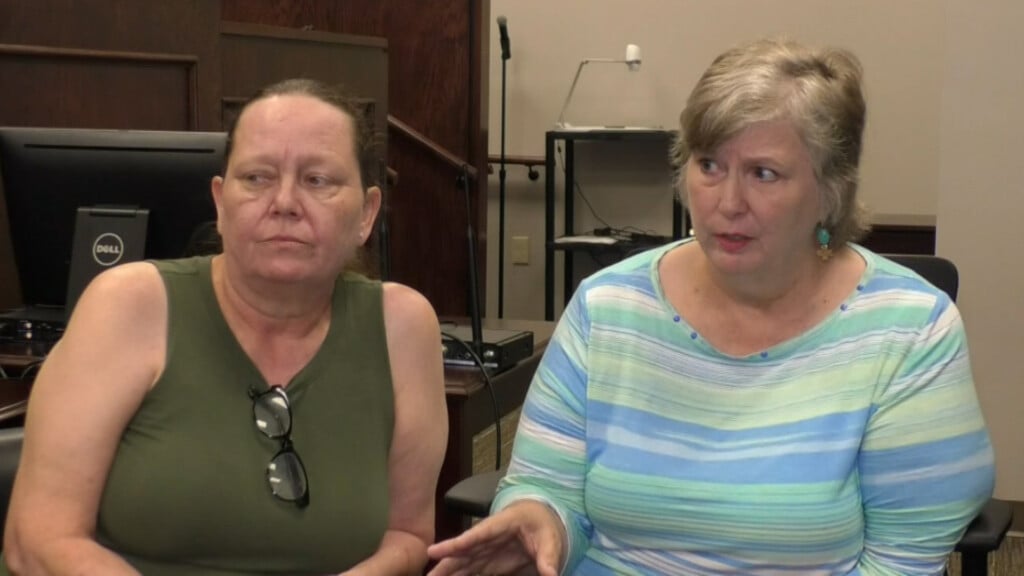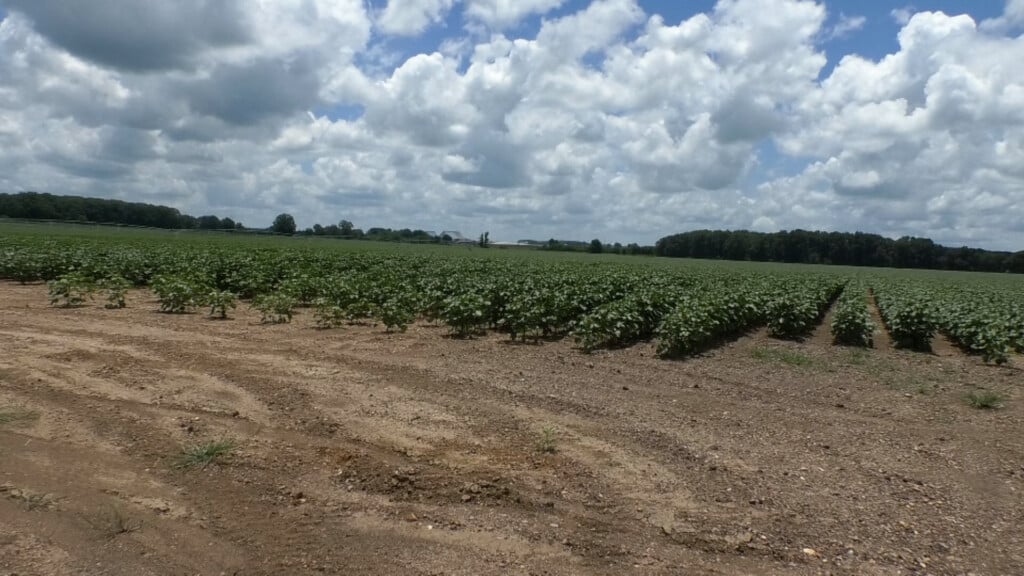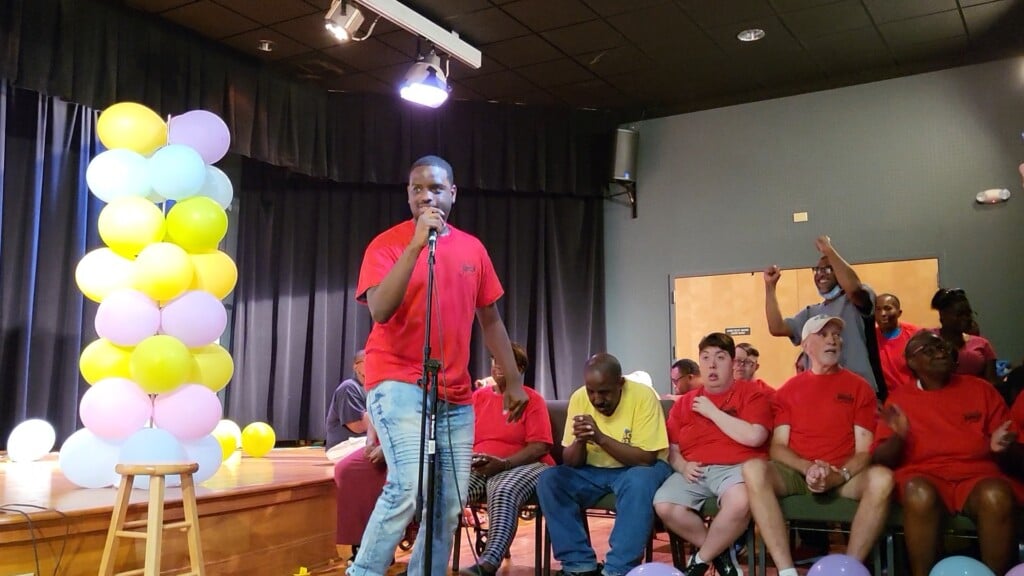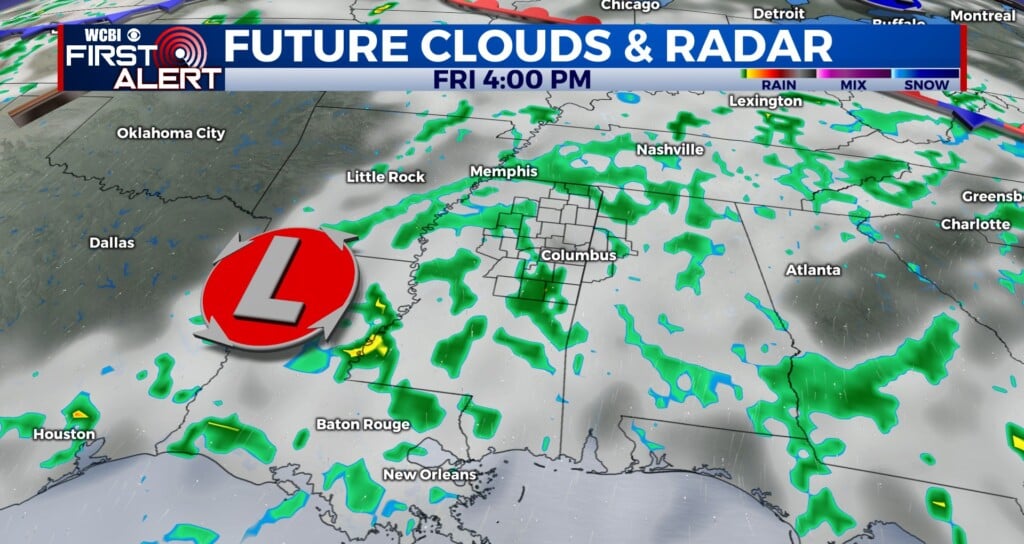Many Municipalities Facing Aging Infrastructure Problems
COLUMBUS, Miss. (WCBI)- Whether it’s a cracked road, a decaying bridge, or a backed up sewer and drainage system, aging infrastructure comes in many forms and can cause a variety of problems.
“Everybody is familiar and joke about potholes in the street, because why, they’re at the surface, they’re the most visible, but we’ve heard all of the issues with bad drinking water and the illnesses it cause, sewage there comes out of the street in heavy rain,” said Kevin Stafford, Engineer for the City of Columbus.
Stafford said it’s common for municipalities to use and rely upon infrastructure that may be past it’s life expectancy.
“Some utilities may last 10 or 15 years such as a roadway, whereas water and sewer may last 15, 20, 40 years depending on how it’s put in,” Stafford explained. “Drainages could last anywhere from 20, 40, 50, to 60 years depending on how it’s put in and what materials are used, so everything is kind of going at its own pace, has its own different cost, is managed a lot of times by different entities.”
But as the utilities continue to crumble many places are left with a decision.
Do they continue to rely on what’s in place, or begin looking to replace it.
“As they begin to decay there’s ways to fix everyone of them, and there’s not always one way to fix them, there’s multiple ways,” said Stafford. “Sometimes you get what you pay for in infrastructure. A lot of people like to patch things to save a little money, but they may be right back fixing it a few weeks later or a few months later depending on what you’re talking about, which infrastructure.”
However Stafford admits, replacement is expensive, which can often place a financial strain on many municipalities.
The cost is usually in the millions, and many places don’t have the available money to fix those issues.
As a result, they’ll continue to rely on the old infrastructure that’s been in place for decades until the money becomes available.
“Infrastructure is not getting better and that’s because of the funding factor,” Stafford expressed. “It’s not there. Our population is growing at a rate that it can’t keep up with the infrastructure demands, so whereas the money that’s provided for infrastructure really hasn’t increased.”
When it comes to fixing these issues, Stafford said the city of Columbus carefully picks which projects needs to repairing the most.
After that, they’ll begin looking for ways to make their dollars stretch to help fix the problem.
“There are a lot of different grants that are out there, but no two grants are the same,” the engineer described. “Some may fund streets, whereas drainage for instance, that’s one avenue that has very little funding, whereas there’s a lot of funding and loan programs for drinking water, sewer, and streets.”
Many residents and statewide leaders have been pressuring lawmakers to put more money into infrastructure, especially roads.
There concerns have now been heard.
With the addition of the state lottery, the first $80 million grossed from the lottery will go to the State’s Highway Fund.





Leave a Reply